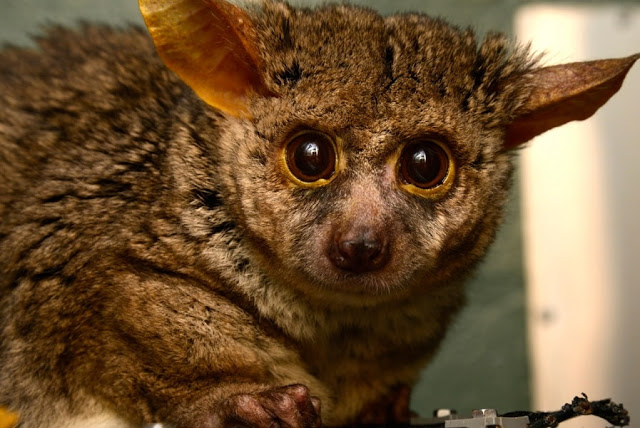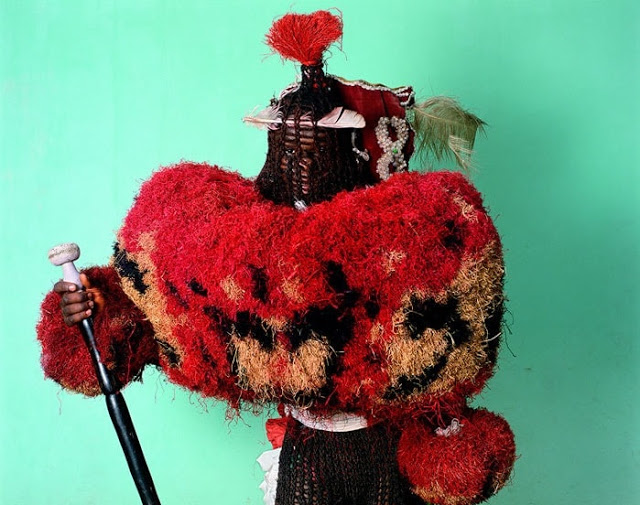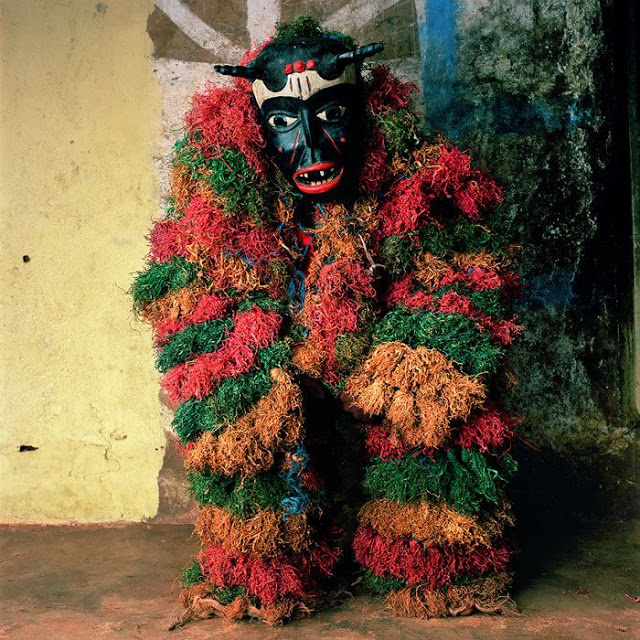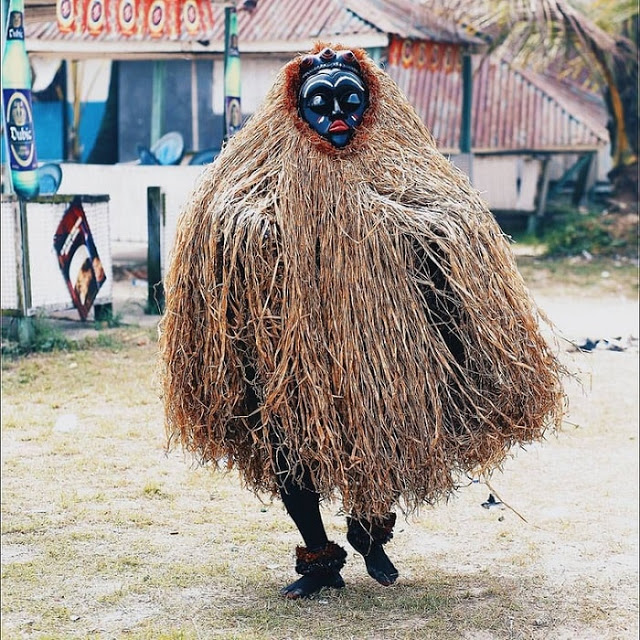by Staff writer
Growing up in Africa can be both fun and confusing.
And the funny thing is that even our parents and grandparents reinforced these beliefs.
Here are some of the stupid things we believed as kids in Africa:
1. Ojuju Calabar
Ojuju Calabar was Nigeria’s terrifying monster of darkness. The monster is probably every growing kid’s most profound terror.
2. Swallowed seeds will grow from your stomach

This is especially used for agbalumo (African star apple) and watermelon. We were told that if you swallow the seed of these fruits, it will grow right back out from your stomach.
3. Bushbaby is a monster that ate babies

Even now, many Nigerians still don’t believe bushbaby is a real animal. That’s how strong this belief is.
4. People lived in TVs
I don’t know how widespread this one was back in those days, but many of my friends and I heard it.
5. Masquerade are spirits
This goes beyond mere folklore. It was tradition, especially among the Igbos whose masquerades hold a lot of cultural significance. Probably used to. The belief that masquerades aren’t human helped to preserve the reverence of masquerades.
6. The Nigeria vs. India football match story
Not sure there is any 90’s kid in Nigeria that didn’t hear this story. The story was so notoriously popular that every region has its version.
Whatever version you heard, here are five highlights from the imaginary match between Nigeria and India.
a. The match ended with India scoring 99 goals and Nigeria 1 goal.
b. The Nigerian goalie couldn’t catch any shot because the ball keeps turning to stone, palm fruit, watermelon, fire-breathing dragon, etc. when coming to him.
c. The Indians later agreed that if Nigeria could score just one goal, they would concede defeat.
d. A last-minute stunt, Samuel Okwaraji scored the winning goal and Nigeria won the match. But the potency of Indian magic was too strong that Okwaraji died shortly afterward.
e. India was later banned by FIFA after the match for using black magic.
This story formed a major part of the thrill of our childhood, well…till the internet came and people started reading the truth.
And here is the real truth about the imaginary Nigeria vs. India football match:
A. It never happened.
Nigeria has never played India in an international match before.
B. Sam Okwaraji died in a match against Angola, not India. He collapsed and died of cognitive heart failure in the 77th minute of the game.
C. India was never banned for using black magic in football.








Who like me was warned never to weqr rubber bands becuase they suck blood